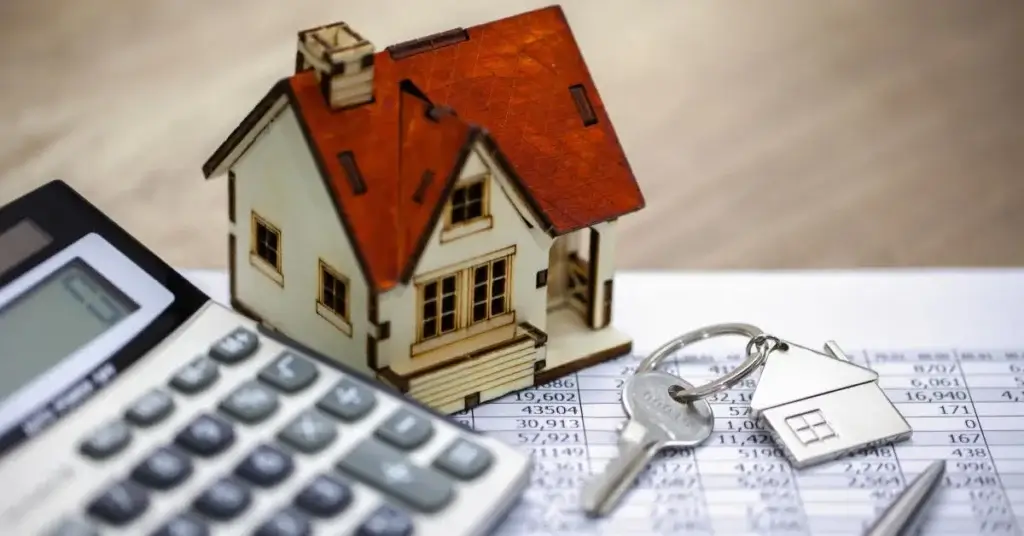Today, the mortgage lending industry is changing technologically. Fintech breakthroughs and digital advancements are revolutionizing traditional techniques like waiting weeks, phone conversations, mountains of paperwork, and in-person meetings. It follows that individuals that use digital mortgages and other cutting-edge financial technologies to finance homes in the future will not only change the way that home financing is done, but also expand their geographic reach. These are the key developments and trends that will influence mortgage lending in the future.
The Rise of Digital Mortgages
Digital mortgages represent a significant advancement in lending. These technologically advanced solutions streamline the entire home loan process, from registration to loan approval, and make it easier, faster, and more convenient for the borrower.
Key Features of Digital Mortgages:
Online Loan Applications: Borrowers can complete online loan applications from the comfort of their sofa, without ever having to leave the house. It offers options for easily entering information with document uploads and an intuitive UI.
Automated Underwriting: An applicant’s creditworthiness can be swiftly assessed with the use of sophisticated algorithms and artificial intelligence. This significantly expedites the approval process.
E-signatures: You can sign legal documents online without having to meet in person or mail physical copies of the documents.
Real-Time Updates: This improves transparency and eases anxiety by giving borrowers instant access to information about the progress of their applications.
Paperless Lives: One of the most recent initiatives introduced by lenders is the whole digital closing process, which eliminates the need for in-person signatures or the printing of paper documentation.
Fintech Innovations Reshaping Mortgage Lending
Apart from digital mortgages, other fintech companies are involved in other aspects of mortgage lending transformation. These include:
1. Blockchain Technology
On the blockchain, property titles can be registered and transferred. Blockchain has the ability to simplify closing procedures and drastically reduce the cost of title insurance by generating an always-accurate distributed ledger of property ownership.
2. Open Banking
With approval, open banking enables creditors to request an applicant’s financial information straight from the bank. By providing access to a more comprehensive picture of an applicant’s financial health, one outcome might be faster approval timeframes and more accurate risk evaluations.
3. Alternative Credit Scoring Models
Fintech companies are developing innovative methods of evaluating an individual’s creditworthiness that do not rely on conventional credit scores. In order to provide a more comprehensive picture when determining whether or not someone will be able to manage their own money responsibly, these models may, for instance, be constructed using information from energy bills and rental records in addition to social media data.
4. Artificial Intelligence and Machine Learning
Identify market trends Forecasting housing
Increasing the efficacy of fraud detection
adjusting mortgage offerings based on the unique financial profiles of each customer
providing round-the-clock customer support via chatbots and virtual assistants
5. Internet of Things (IoT) in Property Valuation
IoT devices have the ability to instantly determine the conditions and values of properties. This may have the advantage of reducing appraiser time, improving audit efficiency and accuracy. The Effect on Creditors and Borrowers
The Impact on Borrowers and Lenders
Quick approval and application procedures Increased openness throughout the entire loan process
Personalized mortgage goods
Possibility of lowering fees as a result of lower operational costs
Increased accessibility, especially for younger people with greater technological proficiency Lenders:
Lower running expenses
Improved evaluation of risk
able to process a greater number of applications faster
Increased attentiveness and risk management
Potential to reach untapped market niches
Challenges and Considerations
Although the future of mortgage financing is bright, there are obstacles to overcome:
Data security: PC security is crucial since sensitive financial information is being transferred electronically more and more. Regulatory Compliance: In order to protect consumers and foster innovation, regulations must advance at the same rate as technology.
It is crucial for equitable access to housing finance options to prevent digital mortgages from becoming the domain of either extremely tech-savvy individuals or marginalized communities.
Conclusion
Digital mortgage finance is the way of the future. Fintech companies’ advancements, which speed up, improve efficiency, and increase accessibility of the entire process, are what are driving it. Because there will be less pricing rivalry among lenders due to digital mortgages, consumers will be able to assess their risks, outsource them, and completely prevent outrider speculation.
There will soon be a more streamlined and individualized mortgage lending environment. It should get more user-friendly as open banking, blockchain, artificial intelligence, and digital mortgages grow in sophistication.
br But the sector shouldn’t hasten this shift by putting more at risk in the marketplace. In these new conditions, only an industry that stays true to its mission of balancing innovation with consumer safety and inclusivity will be able to prosper.
For lenders who are able to effectively adjust to this new setting while simultaneously taking care of any potential problems will have an advantage. They are the ones who will make it through the challenges posed by the financial climate of the future.
As borrowers, we anticipate a time when obtaining a mortgage will be less of a hassle and more of a straightforward, transparent service catered to our specific needs. The process of purchasing a home tomorrow starts with clicks made today, ushering in a digital ownership future that not many people could have imagined even ten years ago.
